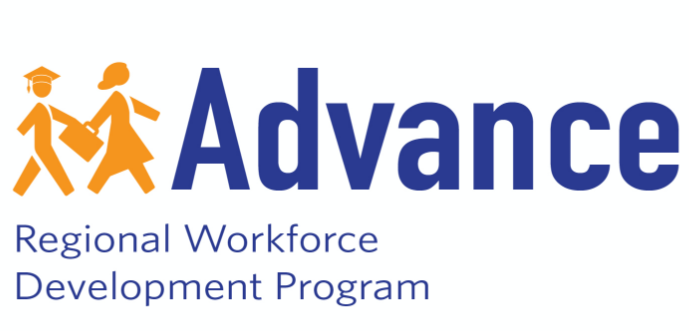The Challenge of Technical Tertiary Education in Guatemala: Offerings, Barriers, and Opportunities
October 17, 2017
On October 17, 2017, the USAID Advance Program hosted a public event – “The Challenge of Technical Tertiary Education: Offerings, Barriers, and Opportunities” – at the Marriott Hotel in Guatemala City to share the results of its recent Study of Barriers to Access and Completion and to sign memorandums of understanding with three Guatemalan universities.
A total of 130 participants attended the event, including officials from USAID/Guatemala and USAID/Washington, leaders from Guatemalan universities, representatives from local civil society organizations, private sector stakeholders, and FHI 360 team members. After opening remarks from USAID and FHI 360, the Advance team share the results of the recent Study of Barriers to Access and Completion (SBAC), which explored barriers that disadvantaged students face in accessing and completing technical tertiary education degree programs in the Western Highlands of Guatemala. Based on quantitative and qualitative data gathered from over 550 interviews with youth and 30 focus groups, the study highlighted key barriers – including socioeconomic factors, quality of academic programs, lack of career counseling, and discrimination – that higher education institutions must address in order to better serve disadvantaged students.
The event also formalized strategic partnerships between Advance and three higher education institutions: the Universidad Panamericana (UPANA), Universidad de San Carlos (USAC), and Universidad Rafael Landívar (URL). Advance selected these institutions based on results from a labor market assessment (LMA) and institutional landscaping analysis (ILA). The institutions are not only located in the Western Highlands region (USAID’s priority geographic area in Guatemala), but also offer existing degree programs aligned with priority economic growth sectors and demonstrate promising institutional capacity and commitment to improve.
Leaders from the three universities participated in a panel discussion on the challenges that they face in implementing two- and three-year technical tertiary degree programs. At the conclusion of the panel, officials from UPANA, USAC, and URL signed MOUs with FHI 360 to solidify Advance’s commitment to strengthening academic and institutional capacity to overcome the current challenges facing technical tertiary education in Guatemala.
